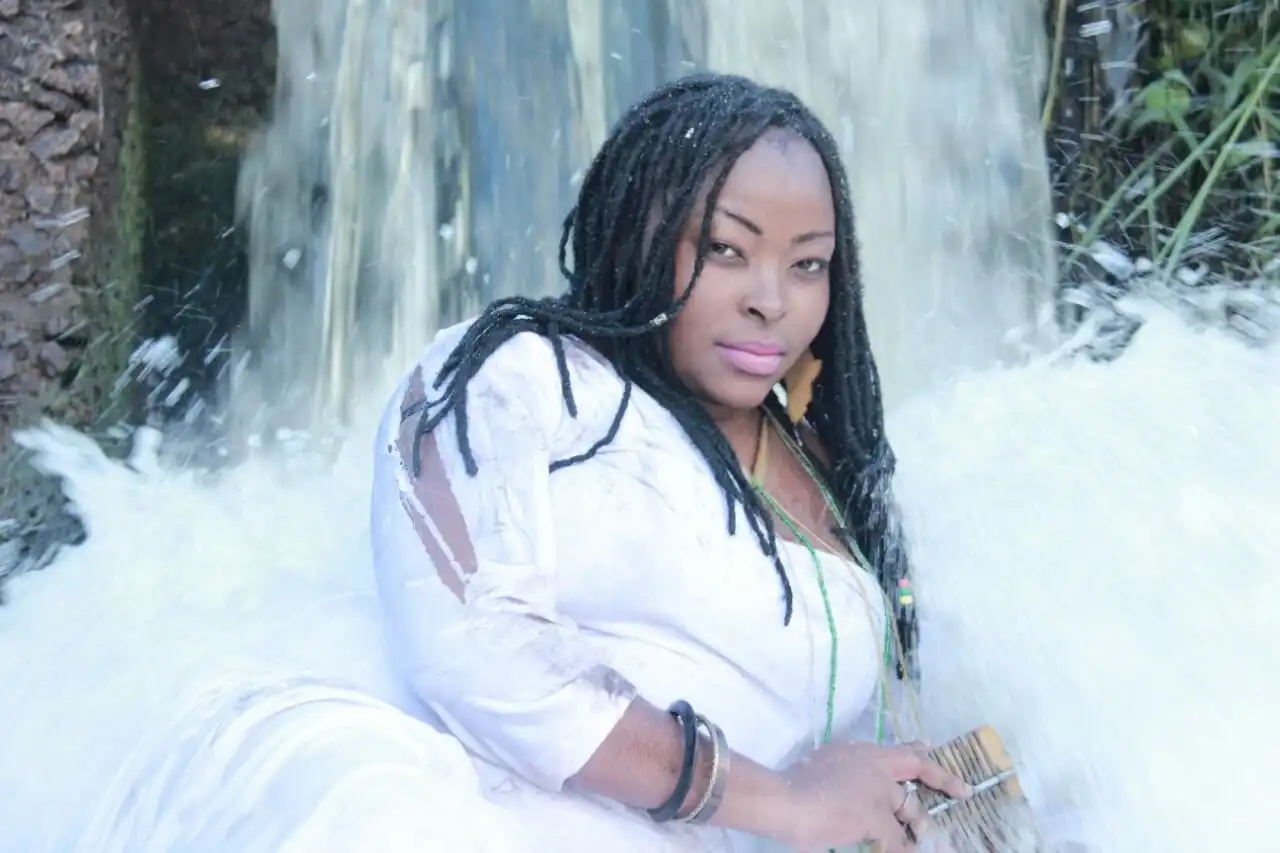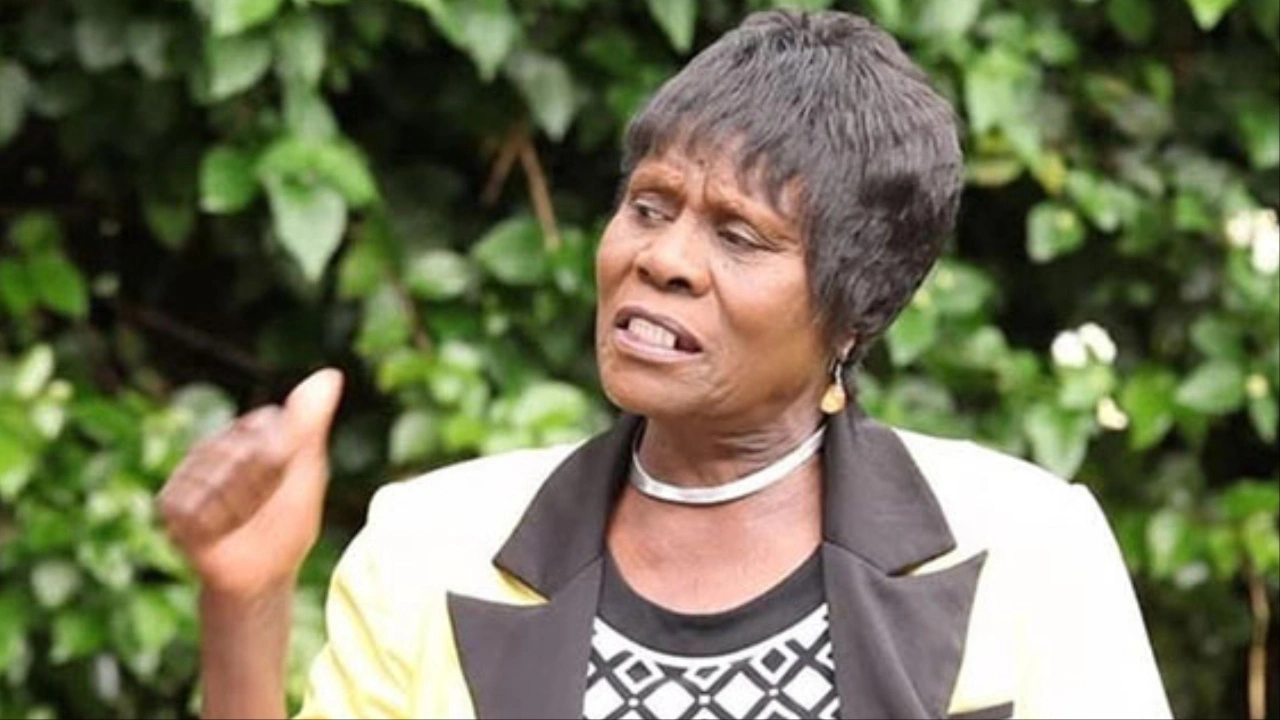Shona Procedure Of Paying Lobola
In the Shona culture, roora or lobola (dowry) is a traditional practice that a man must observe when marrying a woman. The process takes place in different stages, each with its own traditions and payments.
Stage One – Introduction
The first stage involves a go-between, who is responsible for stating the man’s intentions and purpose of the visit to the bride’s family.
Stage two – Grocery
In stage two, a list of groceries the groom is required to bring to the family is given to him, which he must adhere to exactly as stated. Adhering to the requirements of the new in-laws shows respect from the new son-in-law.
Stage Three – Preparations for payment
In stage three, the bride’s family asks for a wooden plate and once the plate has been placed a process known as ‘sunungura homwe’ (loosening pockets) or ‘Vhuramuromomo’ (meaning opening of mouth) where a small fee is paid to for the greeting of the guests. Some fines may also be imposed at this stage.
Stage Four–Payments
This involves two sub-processes, Gifts for the father ‘Matekenyandebvu’ and Gifts for the mother ‘mbereko & mafukidzadumbu’, which are strictly for the bride’s father and mother (or respective guardians who took their place if the biological parents are deceased).
The amount paid for the mother is non-negotiable, but that paid for the father is negotiable.
Stage Five – Mbudzi yedare (yemachinda) Goat
In stage five, a live goat is brought by the man and is slaughtered during the payment process. The whole goat is then cooked and made ready to be served after the completion of the ceremony.
Stage Six – Musikana/Tete (Gifts for the bride)
The woman being married is required to pick some money from the plate for herself. This money in some places can be set by the aunt or the woman’s sister. This is a small allowance for the purchase of household or cooking utensils, and this amount is given to the bride.
Stage Seven – Rusambo (Roora, Dowry)
Known as “Rusambo” or “Roora”, it is the most significant stage of the marriage ceremony. This stage can only be reached if all the preceding stages have been completed. “Roora” is considered wealth and its amount must be in line with the wealth of the groom. The bride price varies, taking into account the social status of both the groom and the bride. It is possible to pay the bride price in installments, as long as some form of payment is made. If the groom fails to pay any portion of the bride price, the whole process becomes null and void, and he will not be allowed to marry the bride.
Stage eight – Danga (Livestock)
In the past, this phase typically involved offering cattle as a present, but nowadays it is more common to make a cash payment that reflects the fair market value of cattle. The customary number of cows given is between seven and eight, and the most significant one is the cow for the mother-in-law, which is known as ‘mombe yeumai.’ The cow must be alive and is expected to give birth as evidence that the marriage has been blessed. After the calf is weaned, the cow can be slaughtered by the bride’s family and shared by both families as an expression of gratitude and to strengthen the couple’s relationship as well as the family as a whole. This typically takes place two to five years after the wedding.
Stage Nine – Majasi (Clothes)
After paying Rusambo and pleasing the bride’s family, the groom is expected to provide a gift of clothing for his new in-laws. Once this is done, the groom and his entourage will be invited to the family’s home for the “Kupinzwa mumusha” ceremony. During this event, the groom will be welcomed as a new member of the family and allowed to participate in household activities. He will also perform the traditional clapping greeting known as “Gusvi.” At this point, the groom will receive a list of clothing items that both the mother and father of the bride require, typically including full attire from head to toe.
Conclusion
It is important to note that the roora process is not a money-making ceremony, and some families are more tolerant than others. Overall, the process of roora or lobola negotiations is a sign or show of love and affection when a man saves up and marries his beloved.
Shona Procedure Of Paying Lobola



